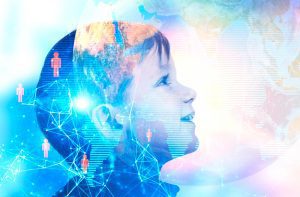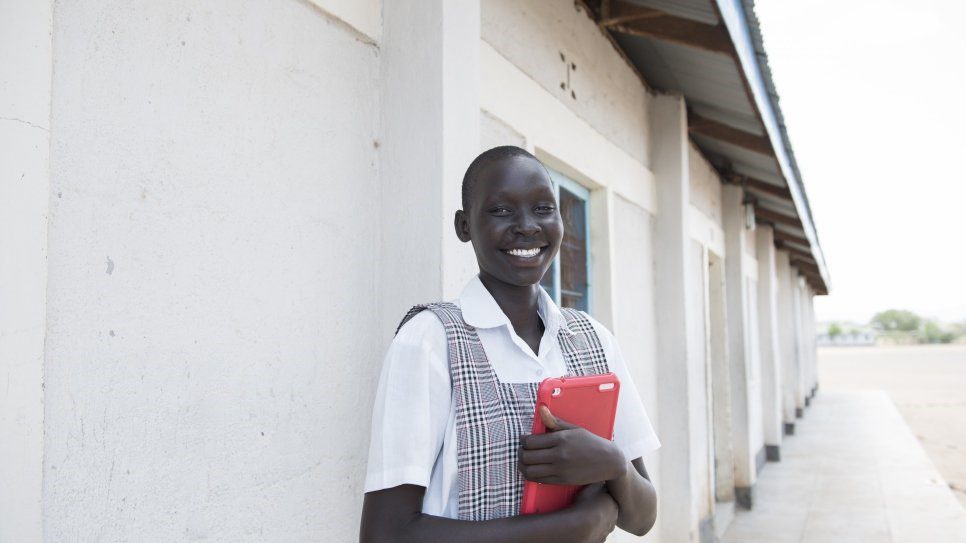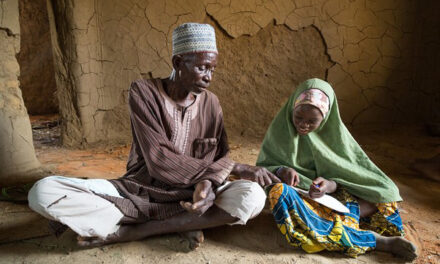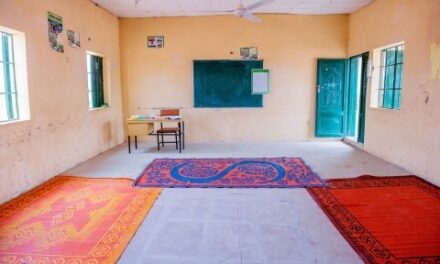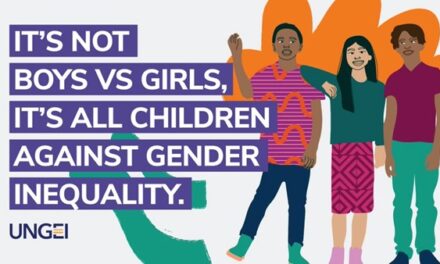This blog was written by Mike Douse, independent International Education/TVET Adviser and Philip Uys, Senior International Education Consultant and Adjunct Associate Professor of Education Systems, Charles Sturt University, Australia. Their new book, One World One School, can be downloaded as a PDF free of charge, or purchased as a Kindle or a paperback through Amazon.
Digitisation is creating an entirely new and wonderfully inter-connected world. This fundamental and forthcoming transformation necessitates and makes possible utterly original understandings, approaches, arrangements and aspirations. However, while sectors such as communication, banking, entertainment, defence, information, retail and security have been radically restructured by digitisation, the applications of ICT in education have been characterised by four decades of disappointment, disillusionment and frustration.
Clearly, isolated and piecemeal digital innovations can achieve little of value within twentieth century schools and archaic educational systems. Given that we are in a time of unparalleled challenges and opportunities, One World One School recognises that, as our starting-point, we must agree upon a fresh comprehension of what education is really for in the third millennium and beyond.
Mike Douse and Philip Uys affirm that it needs to be totally restructured with digitisation as the cohesive force. Moreover, the Coronavirus/COVID-19 pandemic (appearing as this book was on the point of completion) necessitates an immediate and inspirational online educational response which may well pave the way towards that fundamental transformation. Education’s substance, practice and consequences may now become much more equitable, ethical and enjoyable (and far less competitive, test-oriented and world-of-work-dominated). Billions of learners are yearning for education. Instead, nine-tenths of them are fobbed off with job preparation – and discriminatory job preparation at that.
Just as there is now, virtually, just the one global library, so also we are moving towards the worldwide universal school, consigning contemporary educational arrangements (including competitive examinations, imposed curricula, indoctrination and propaganda, the reproduction of inequality and the demeaning power of PISA) to the rubbish bin of history.
As delineated in One World One School, the primary phase is the time of preparation – enjoyable and stimulating years aimed at enabling each child to become ready for self-directed learning. From then onwards, throughout life, the curriculum may and must be learner driven (rather than designed externally from and directed at learners as victims) embodying a convivial learning-supporting pedagogy, with teachers playing (dramatically altered, more professionally fulfilling and essentially responsive) concierges of learning and escorts to wisdom roles.
The Digital Age creates the universal consciousness embodying the tangible/digital duality that characterises these petrifyingly exciting times. These coming Coronavirus months offer an opportunity to invest substantially in effective and enjoyable online education for all. Digitisation involves a pivotal leap in human potential as profound as the wheel in terms of development, as significant as the book in relation to information, and as iconoclastic as anything dreamed up by the deepest analyst/therapist in terms of the human psyche. Nothing – educationally – will ever be the same again [just as nothing – economically and socially – will ever be the same post-pandemic] and all of this is thoughtfully and entertainingly explored in One World One School.


